Socialism in America
Dissent Magazine
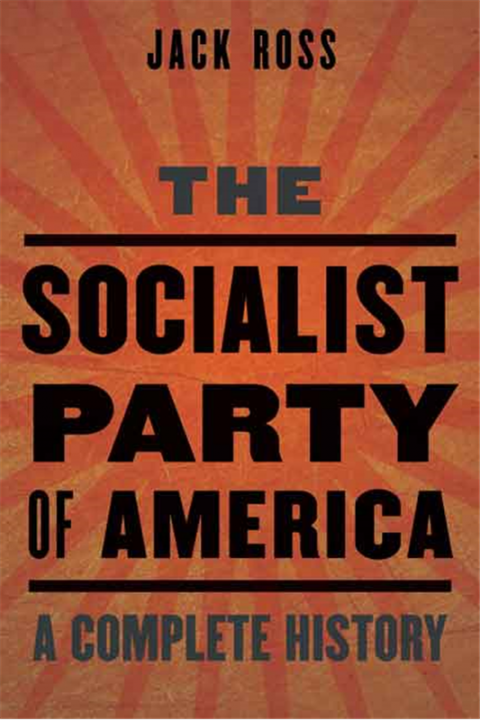
The upsurge in interest in the ideas of Socialism also means a reassessment of its traditions. Jack Ross offers a new, ambitious attempt to come to terms with the history of the Socialist Party in the United States, an organization, and movement, whose story is one of this country's modern legends. In this review, Harold Meyerson, who, as he points out, was a part of this history, takes a look.



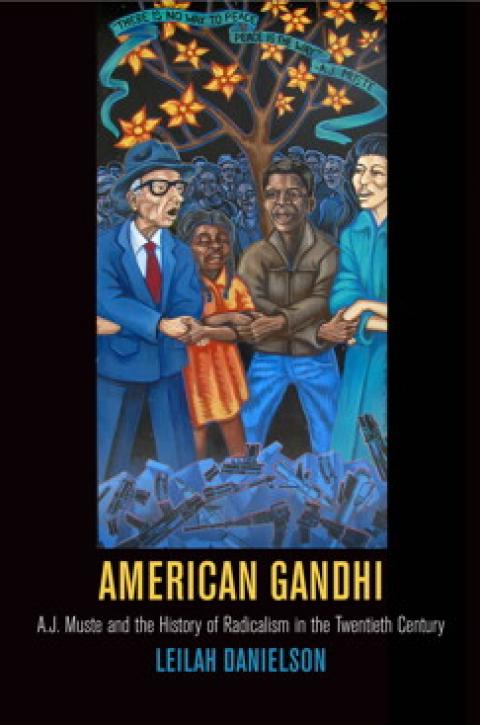
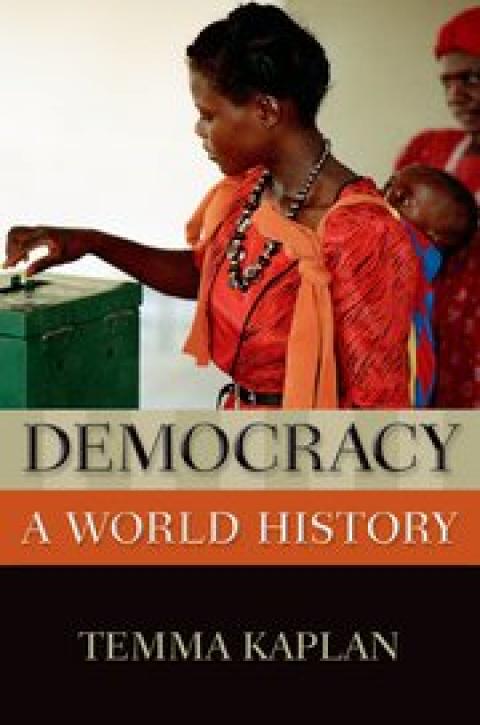
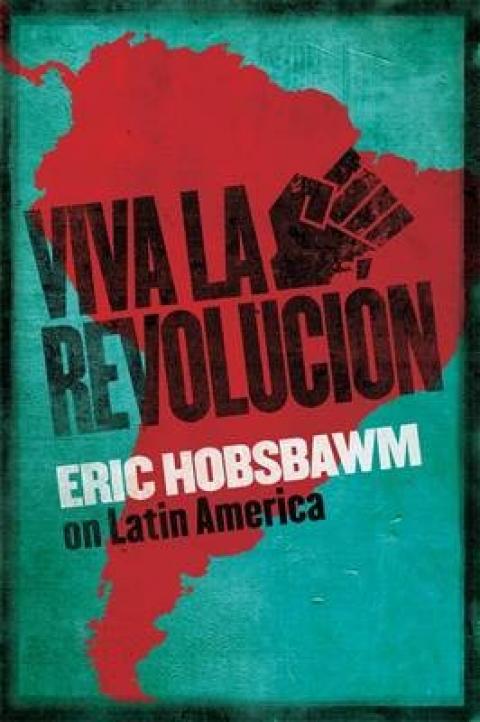

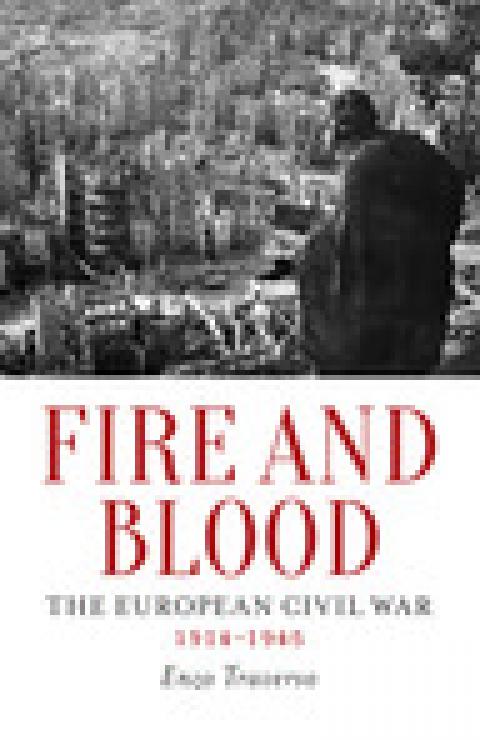

Spread the word